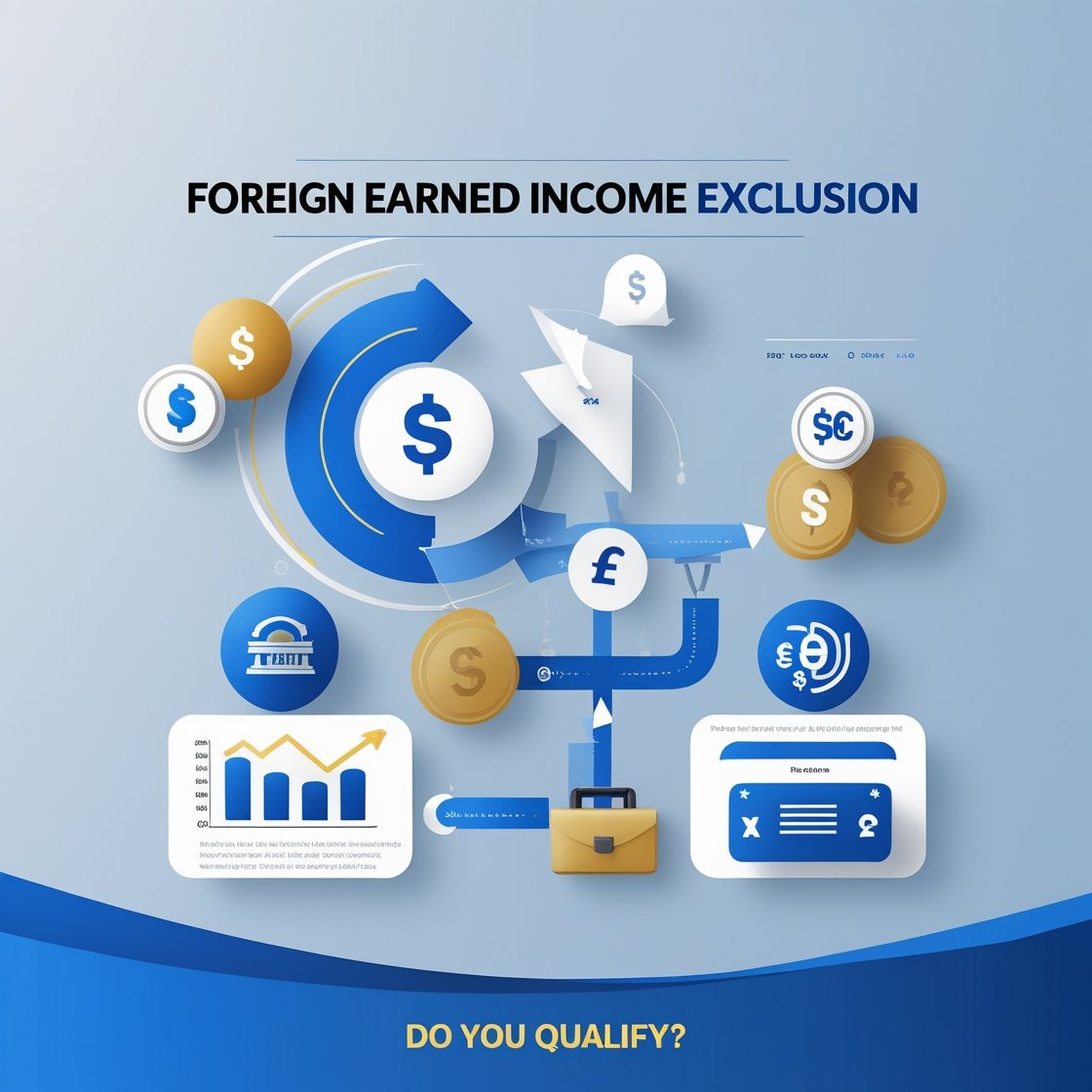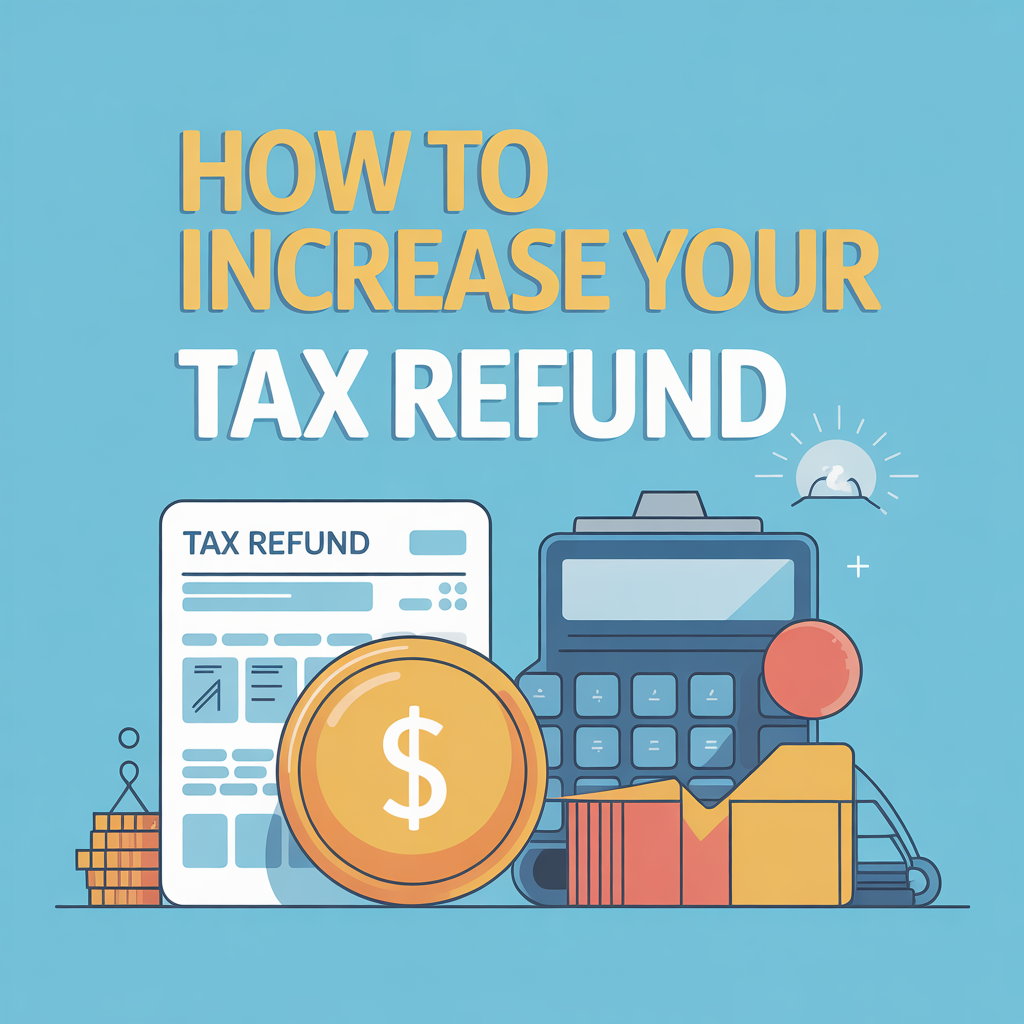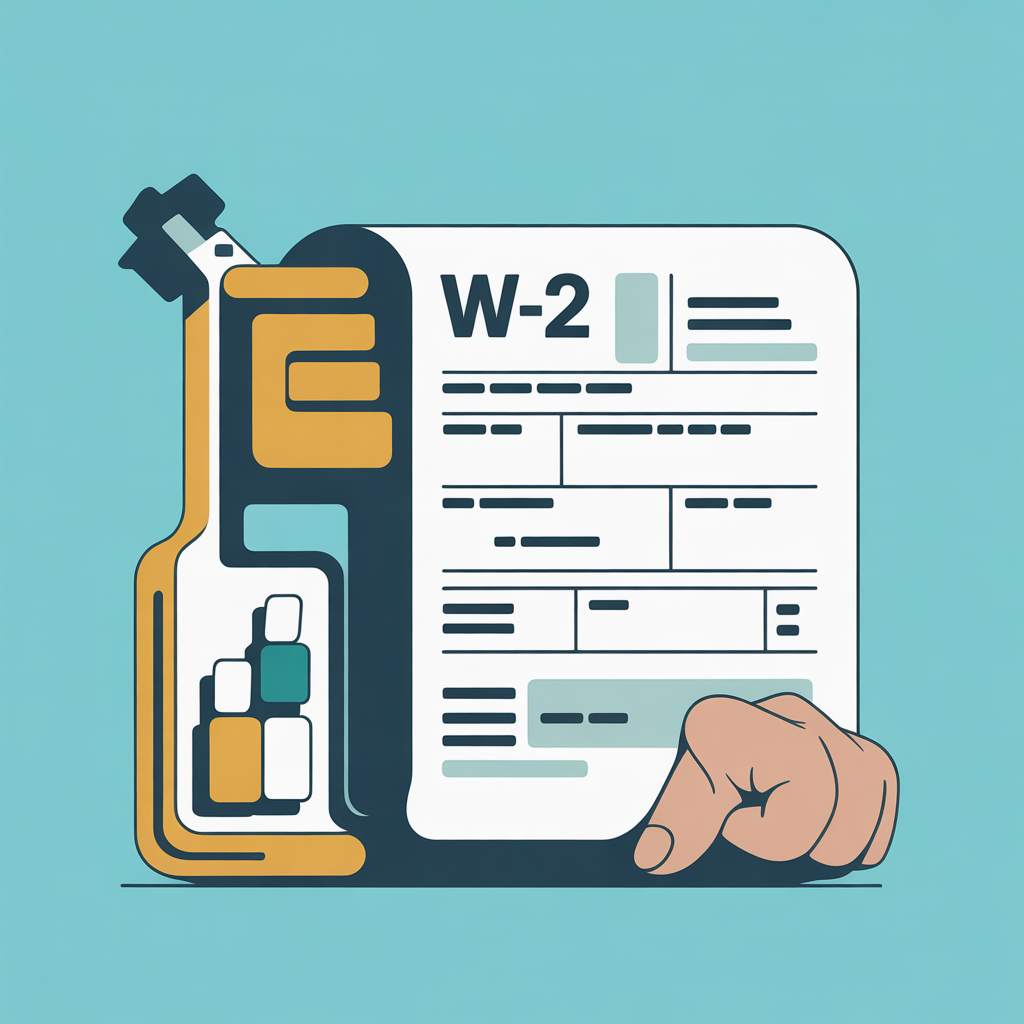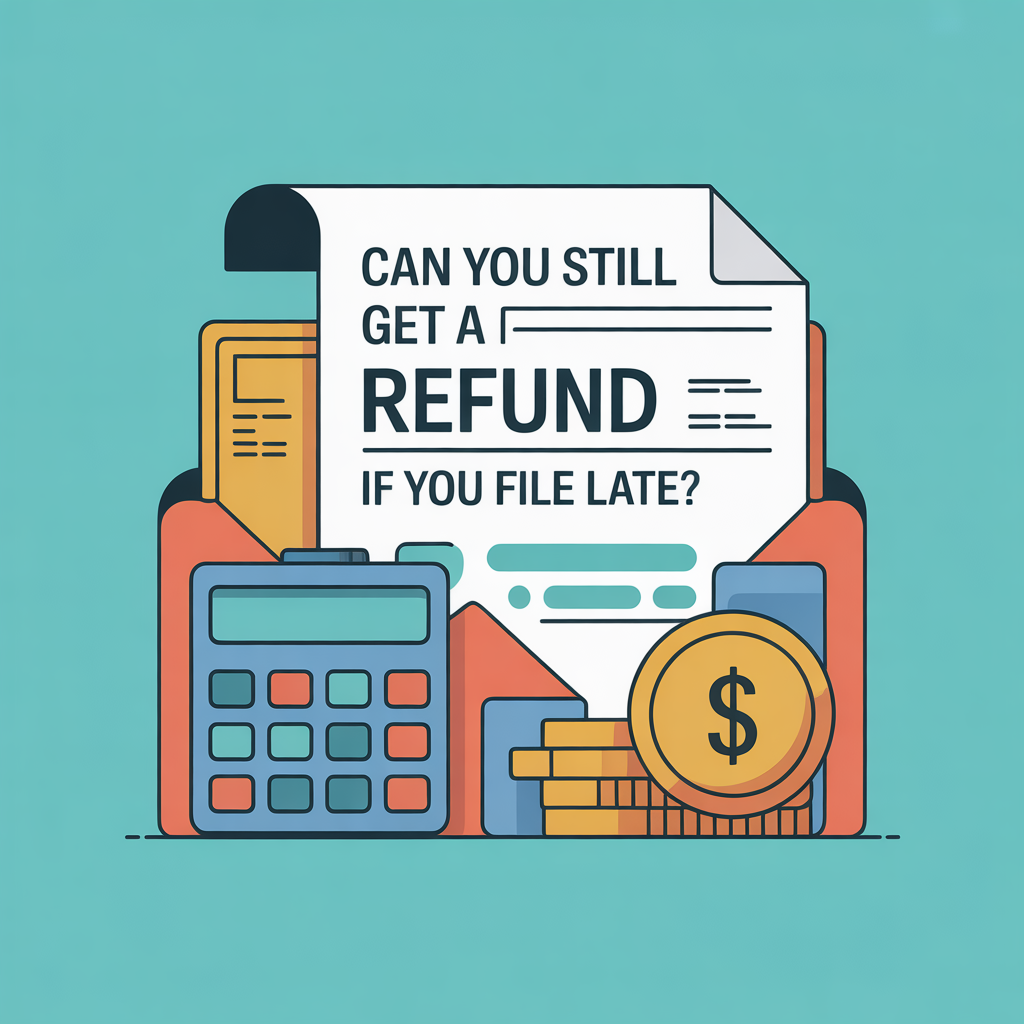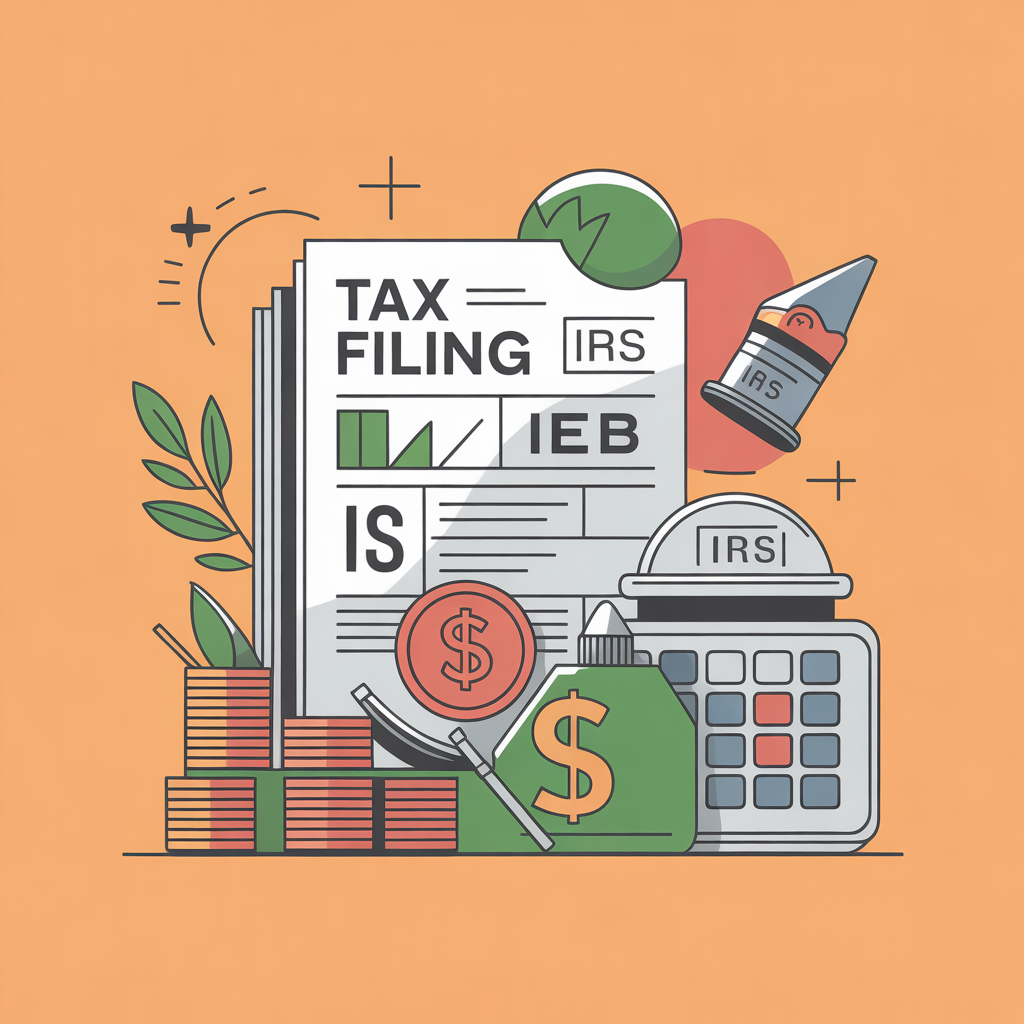If you’re a U.S. citizen living and working in the UK, you might be surprised to learn you still need to file a U.S. tax return every year. But here’s some good news: you may not actually owe the IRS much—or anything at all—thanks to a key benefit called the Foreign Earned Income Exclusion (FEIE).
Let’s break down what the FEIE is, how it works, and whether you qualify.
What Is the Foreign Earned Income Exclusion?
The Foreign Earned Income Exclusion (FEIE) allows U.S. citizens and resident aliens living abroad to exclude a certain amount of their foreign-earned income from U.S. taxation.
For tax year 2024, the maximum exclusion is $126,500 per qualifying individual. That means if you earn under that threshold from work done while living abroad, you can exclude it from your U.S. taxable income—significantly reducing or even eliminating your U.S. tax liability.
Note: This only applies to earned income—like wages, salaries, or self-employment income—not investment or passive income.
Who Qualifies for the FEIE?
To use the FEIE, you must meet all of the following criteria:
- Have Foreign Earned Income
This means income you earn from working outside the U.S.—whether you’re employed by a UK company or self-employed.
- Have a Tax Home in a Foreign Country
Your tax home is usually the place where you live and work. If you’ve moved to the UK for the foreseeable future and your main place of business is there, then your tax home is likely in the UK.
- Meet One of the Two Residency Tests
You must meet either the Physical Presence Test or the Bona Fide Residence Test:
Physical Presence Test
You must be physically present in a foreign country (or countries) for at least 330 full days during any 12-month period.
Bona Fide Residence Test
You must be a bona fide resident of a foreign country for an entire tax year (January 1 to December 31). This typically applies to those who have moved abroad permanently or for an extended time.
How Do You Claim the FEIE?
You must file Form 2555 (Foreign Earned Income) with your U.S. tax return (Form 1040).
If you’re self-employed, you may still owe self-employment taxes, even if you qualify for the FEIE. There are other strategies to reduce or offset those taxes—like the Foreign Tax Credit—which can be used alongside or instead of the FEIE in some cases.
Common Mistakes to Avoid
- Missing the deadline: Expats get an automatic 2-month extension to June 15, but any taxes owed are still due by April 15.
- Failing to file: Even if you owe nothing, you must still file to claim the FEIE.
- Incorrectly calculating residency days: The Physical Presence Test is very strict—don’t guess, use a calendar.
- Overlooking other reporting requirements: You may also need to file FBAR (FinCEN Form 114) if you have foreign bank accounts.
Living Abroad Doesn’t Mean Leaving Taxes Behind
The U.S. tax system is one of the few that taxes based on citizenship, not just residency. But tools like the FEIE exist to ensure expats aren’t double-taxed unfairly.
If you’re a U.S. citizen living in the UK and want help navigating your tax situation, RIWA Tax Services can guide you through the process—maximizing exclusions, avoiding penalties, and ensuring peace of mind.
Contact us: +1 (972)-996-6644
Email us : info@theriwa.com Visit our website : https://theriwa.com/

